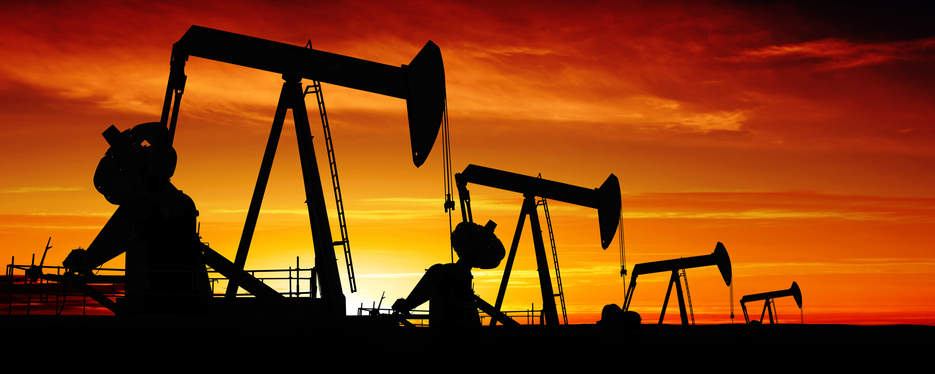
COVID-19 Outbreak Threatens US Fracking Boom
According to The Hill:
Plummeting oil prices caused by a Saudi-Russian feud and the coronavirus outbreak may lead to a decline in fracking, the controversial practice that has fueled the domestic energy revolution in the U.S.
…
Oil sank to $23 from a high of $53 dollars in mid-February, far below the “break even” point that producers need to drill new wells to maintain supply, and with volumes rapidly diminishing at existing wells.
“These wells are more expensive, they produce a larger portion of all their oil and gas that first year,” said Lynn Helms, director of North Dakota’s Department of Mineral Resources, which regulates the oil industry. “We’re just starting to see the economic impacts and expect them to grow quite a bit over the next six to nine months.”
It’s not just that fracking is more expensive — it costs anywhere from $6 million to $10 million to drill a horizontal fracked well versus about $2 million for the traditional bobbing oil derricks dominant in the rest of the world — fracked wells can also deliver half of their contents to the surface within the first year, giving a well little time to wait out shocks to the market.
Power the Future has previously written on the benefits the natural gas industry has had on our countries carbon footprint. The United States recorded the largest decrease in carbon dioxide emissions of any country last year. Craig Stevens, former chief spokesman for the U.S. Department of Energy, said: “natural gas is the reason CO2 emissions are down in this country.”
Forbes reported, “…over the past 10 years, consumers have saved more than one trillion dollars (because of fracking). That’s $1,000,000,000,000 — real money even to politicians.”
We are thankful for the hardworking energy workers across our country who continue to provide reliable and affordable energy to American households. Now more than ever, our government should be working to preserve the vital industry to our nation’s economic growth that provides millions of jobs, lower energy prices and lower CO2 emissions.
March 27, 2020